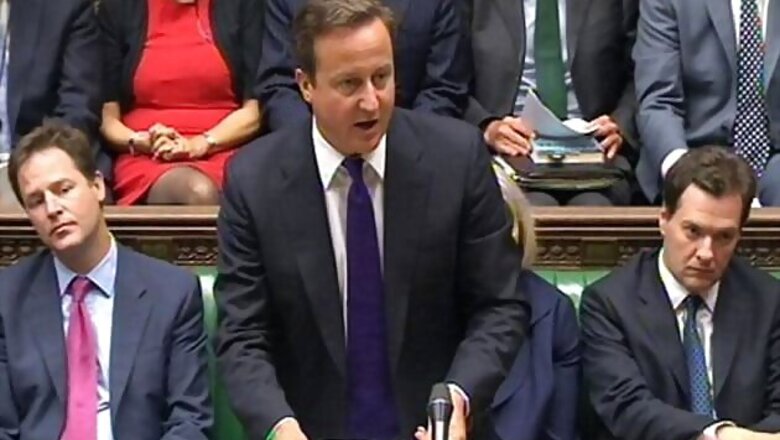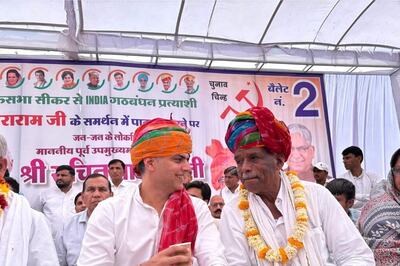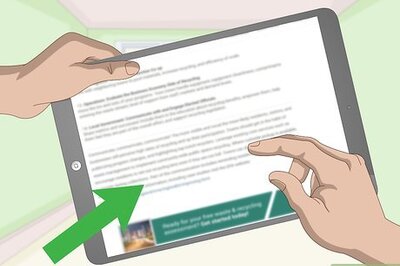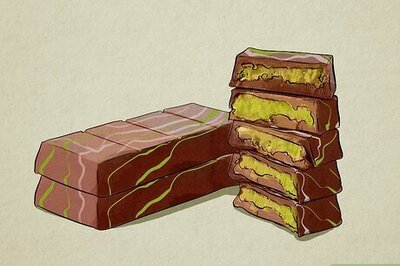
views
London: A defensive David Cameron on Sunday insisted that he had struck "no grand deal" with media baron Rupert Murdoch over the BSkyB takeover bid following last week's revelation of a string of emails exchanged between the office of Culture secretary and News International.
Speaking on the widely watched Andrew Marr Show on BBC, the Prime Minister admitted he had sought the support of Murdoch's news organisations, along with other news organisations, like any politician would, but claimed he did not change government policies to suit commercial interests of newspaper proprietors.
Cameron said: "It would be absolutely wrong for there to be any sort of deal and there wasn't... There was no grand deal. The positions I reach are because I believe them, I think they're right for our country. That's the platform I stand on.
"I do not do things, change my policies to suit this proprietor or that proprietor".
Cameron and Culture Secretary Jeremy Hunt have so far resisted intense pressure for the latter to quit, on the ground that his office breached ministerial code.
Hunt's advisor, Adam Smith, resigned following the revelations, and Hunt is scheduled to explain his position before the Leveson inquiry.
According to the Labour party, the string of emails meant that Murdoch's company had a "back channel" of influence, a position of advantage allegedly not enjoyed by other bidders for BSkyB shares.
The multi-billion pound takeover bid was withdrawn in the face of public revulsion against unethical and illegal news-gathering practices at the Murdoch-owned News of the World, particularly the alleged hacking of murdered teenager Milly Dowler, for information.
Cameron said the email contact had been "too close" and "wrong" and said he was ultimately responsible for ensuring the ministerial code was upheld, but he did not believe that Hunt had broken the code.
He said: "If evidence comes out through this exhaustive inquiry (the Leveson Inquiry), where you're giving evidence under oath, if he did breach the ministerial code, then clearly that's a different issue and I would act".
He said there was "no great mystery" about his contact with media chiefs as opposition leader as he had "wanted the support" of as many as possible - including the BBC - because he wanted to "take the country in a different direction".
















Comments
0 comment